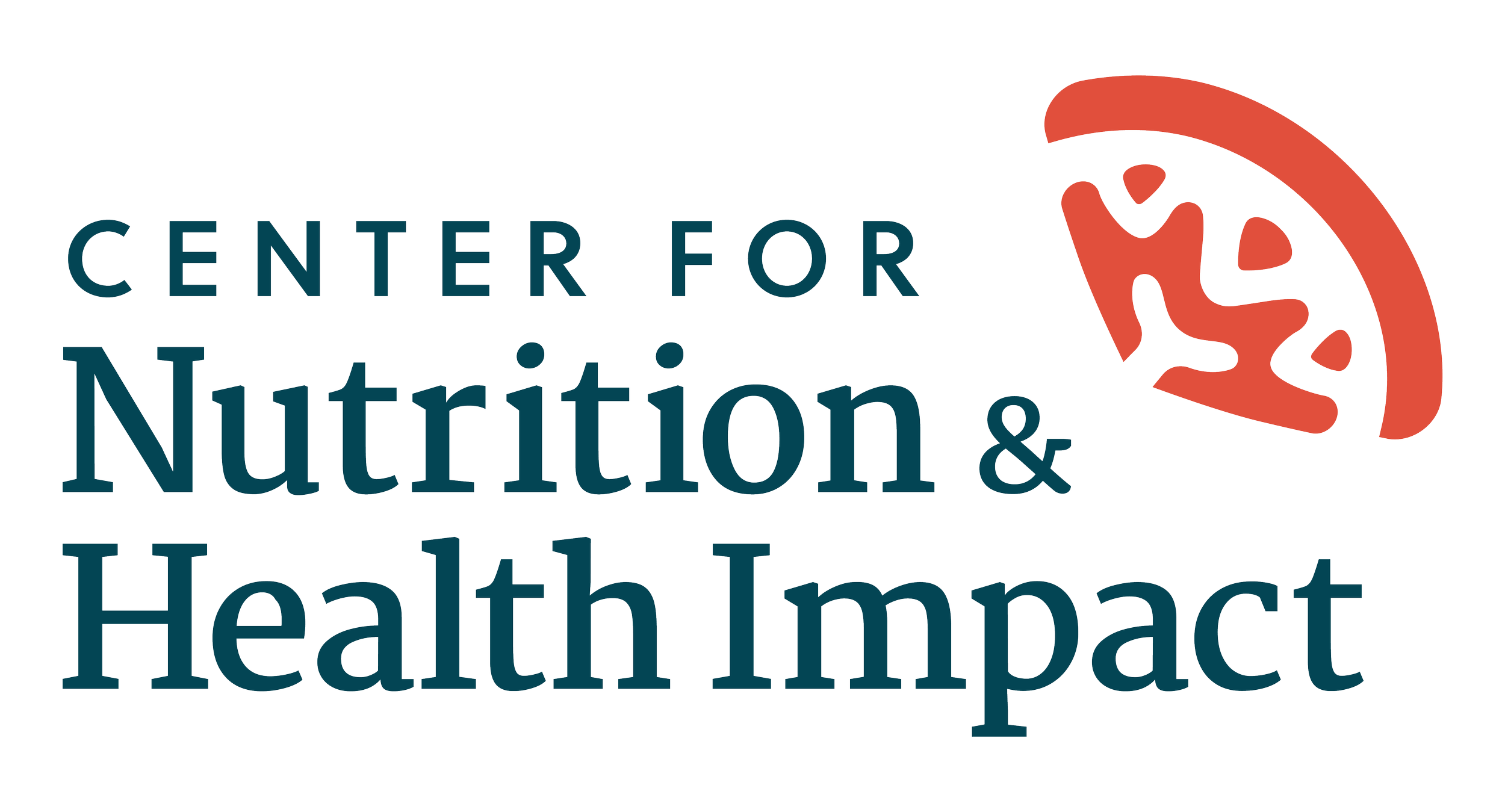Implementing Nutrition Security Screening in Clinical Settings:
Call for Clinical Partners
Project Description
Healthcare systems have a growing interest in addressing health-related social needs (HRSN) among their patients, such as housing stability, transportation access, and food security. Screening for HRSN, including food insecurity, in health care settings and referring individuals experiencing these needs to appropriate resources has emerged as a potentially promising strategy to reduce health disparities. Some hospital systems have integrated HRSN screening through policy and pay-for-reporting mechanisms (e.g., hospitals participating in the Inpatient Quality Reporting program must report on how many patients they screened for a variety of HRSNs, including food insecurity, and how many people of those screened have an unmet need in each domain). To date, the emerging evidence on the effectiveness of food insecurity screening is mixed and there are a wide variety of resources and services to which patients are referred. Also, screening for food insecurity alone may provide an incomplete assessment of an individual’s or household’s social risks related to food because it does not assess dietary quality, only quantity. Further, screening alone without appropriate referrals would likely not fully address patients’ needs.
Nutrition insecurity screening and referral systems are currently not integrated into healthcare settings at scale, and it is not known whether simultaneously screening for food and nutrition insecurity and referring individuals to relevant resources may lead to greater impact on diet and health outcomes such as risk of future food or nutrition insecurity and diet-related chronic diseases. Preliminary nutrition insecurity screening and referral systems have emerged for community settings. However, real world evidence is needed to understand patient and providers’ perceptions of such tools; adaptations needed of existing tools for use in clinical settings; appropriate and adequate referral systems to address identified nutrition insecurity; efficient screening and referral implementation strategies; and the potential for nutrition insecurity screening and referral systems to influence diet and health outcomes.
This funding opportunity will provide two clinical partners with $25,000 to design and implement a nutrition and food insecurity screening and referral system. Funded sites will partner with the Center for Nutrition & Health Impact (CNHI) who will lead a robust, mixed methods evaluation of the screening and referral pilots. This initiative is being led by CNHI with support from the American Heart Association (AHA).
Objective
The overarching goals of this initiative are to validate a nutrition insecurity screening tool for use in clinical settings, define and develop approaches for screening for both nutrition insecurity and food insecurity in clinical settings, determine adequate and appropriate referral pathways for individuals experiencing food and nutrition insecurity, and provide recommended implementation strategies for healthcare systems wanting to include nutrition security screening as part of their HRSN screening approach. It is anticipated that combined food and nutrition insecurity screening will allow funded clinical sites to better identify patients at risk of diet-related chronic disease and improve referral systems to better navigate patients with unmet needs to appropriate resources.
To help us best plan the review of proposals, please share your intent to apply via our Qualtrics survey by August 30, 2024, 5 p.m. C.S.T.

